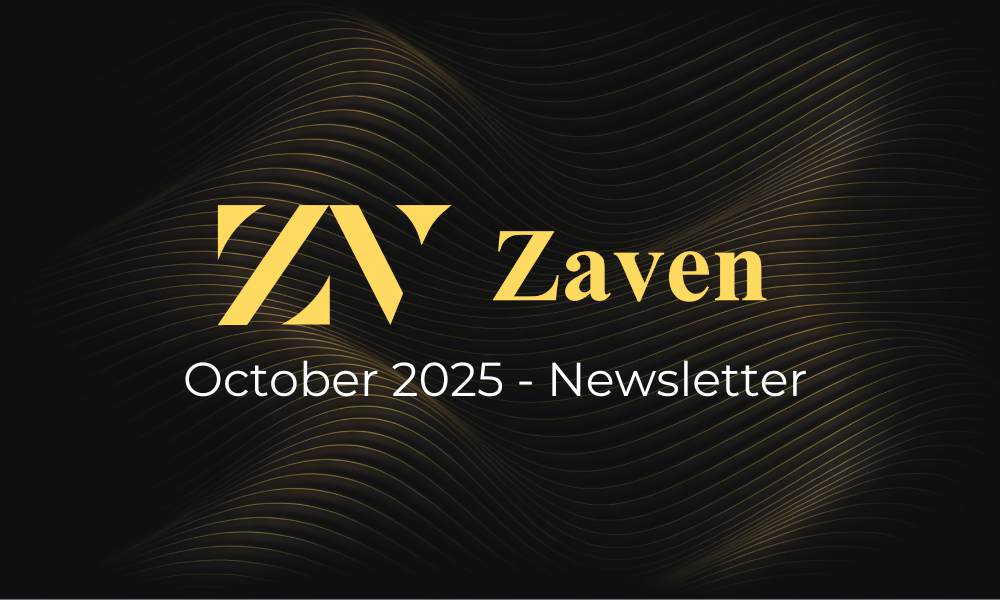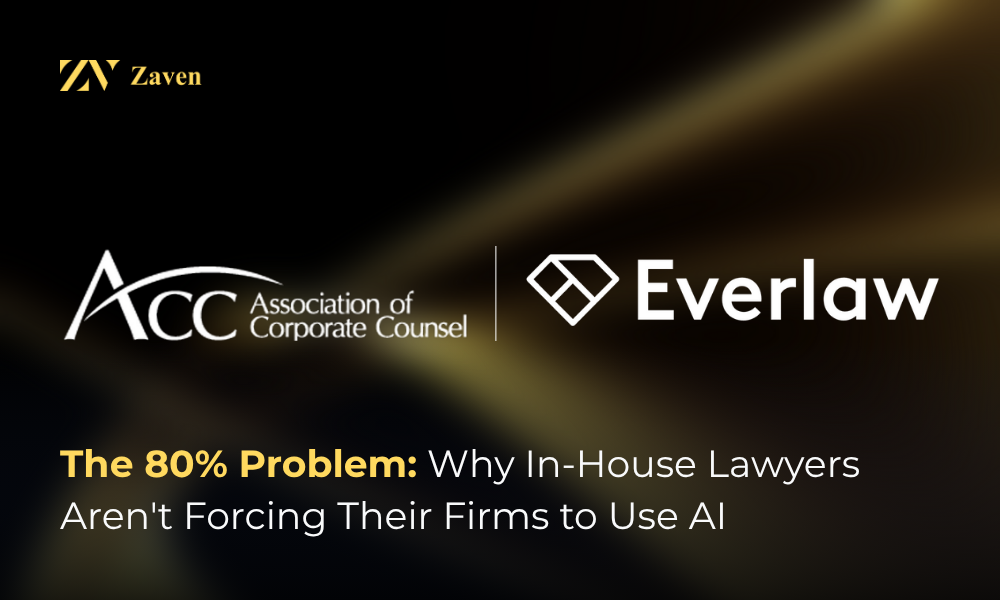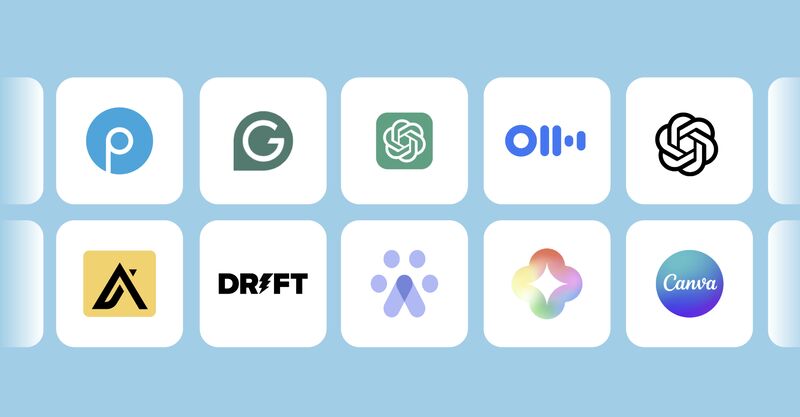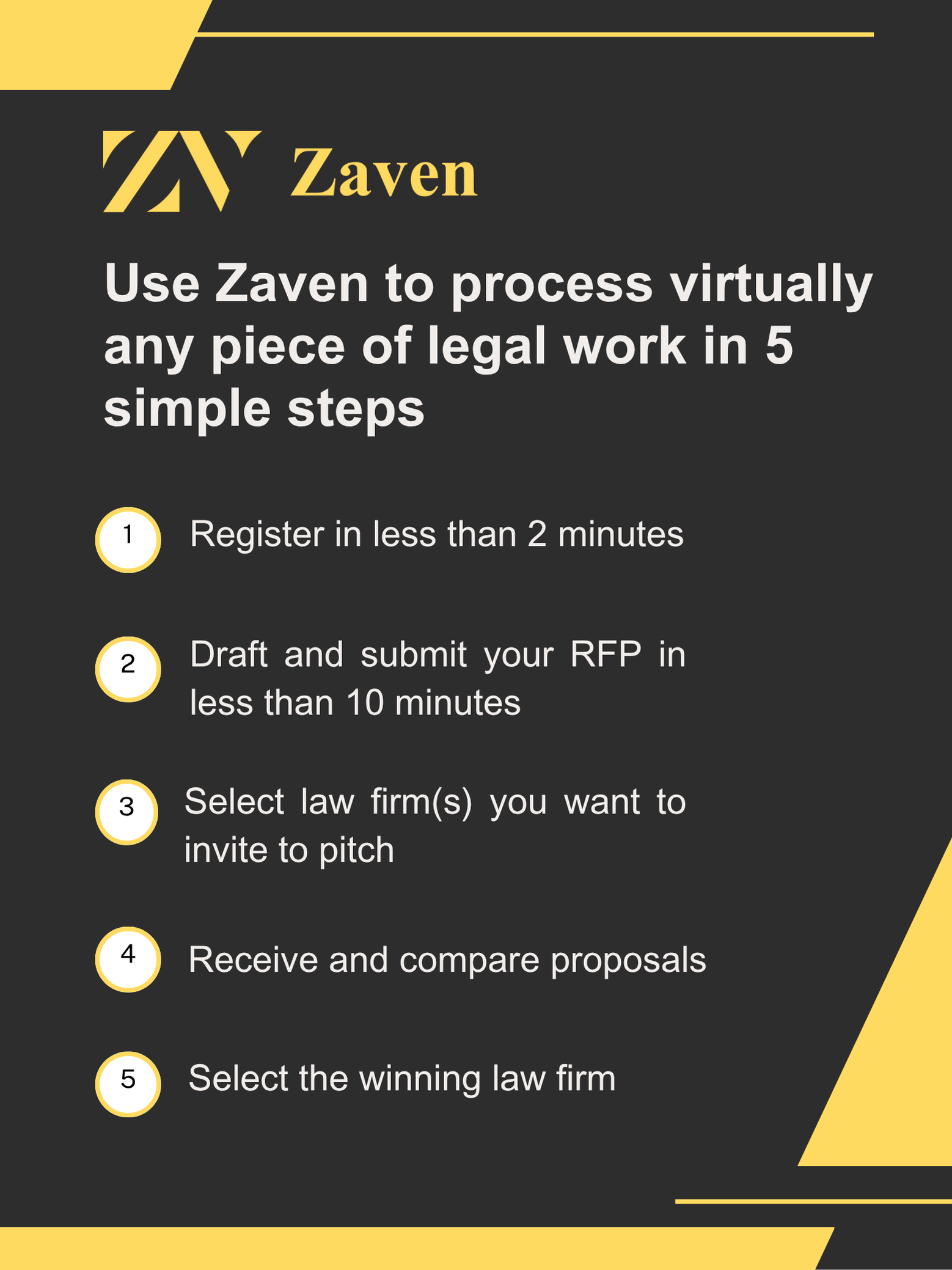Source: trustpath
In an era where AI is no longer just a buzzword but a business imperative, General Counsels find themselves at the intersection of innovation and regulation. The challenge? Turning AI compliance from a potential roadblock into a competitive advantage.
The New Reality of AI Regulation
The regulatory landscape is rapidly evolving, with the EU leading the charge through its AI Act. By 2025, major markets are expected to have implemented comprehensive AI regulations, with penalties reaching up to 35 million Euros for non-compliance.
Five Critical Landmines to Avoid
- Regulatory Misunderstanding Early-stage companies often prioritize growth over compliance. However, with AI, this approach can prove costly, particularly when it comes to training data management and market access.
- Inadequate Risk Assessment From algorithmic bias to data privacy breaches, AI systems present unique risks that require comprehensive evaluation and mitigation strategies.
- Missing the Communication Opportunity Many companies fail to leverage their compliance efforts as a market differentiator, particularly when targeting enterprise clients.
- Siloed Approach The gap between legal and engineering teams can lead to costly retrofitting of compliance requirements. Early collaboration is crucial.
- Static Compliance Mindset With regulations constantly evolving, treating compliance as a one-time checkbox exercise rather than an ongoing process can be dangerous.
The Path Forward
Success in AI compliance requires GCs to:
- Position themselves as strategic advisors to leadership
- Integrate compliance into business strategy
- Act promptly given tight regulatory timelines
- Foster cross-functional collaboration
The message is clear: AI compliance isn’t just about risk mitigation—it’s an opportunity to build trust, accelerate sales cycles, and establish market leadership. For General Counsels, the time to act is now.
Read more: trustpath







